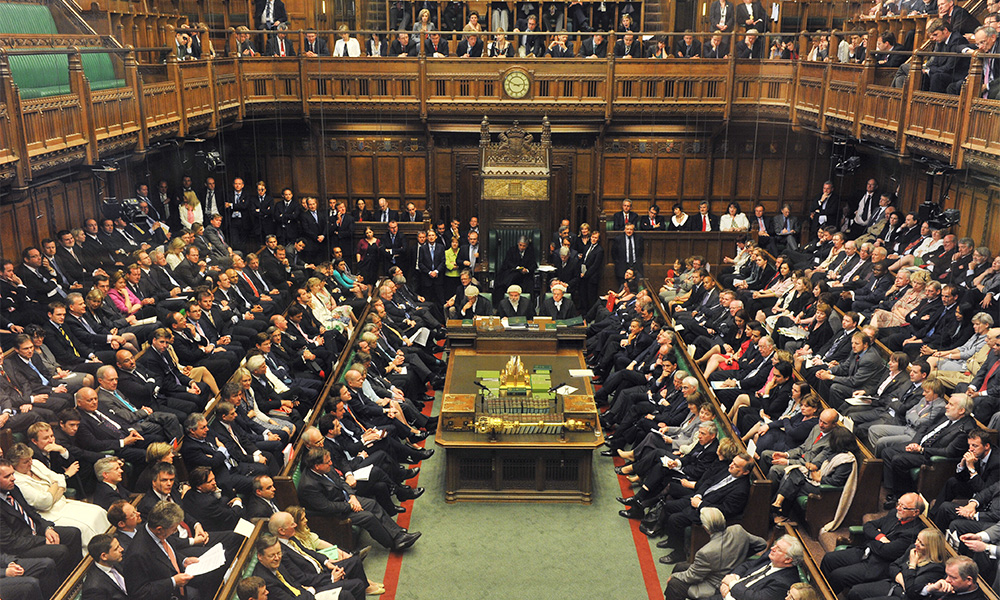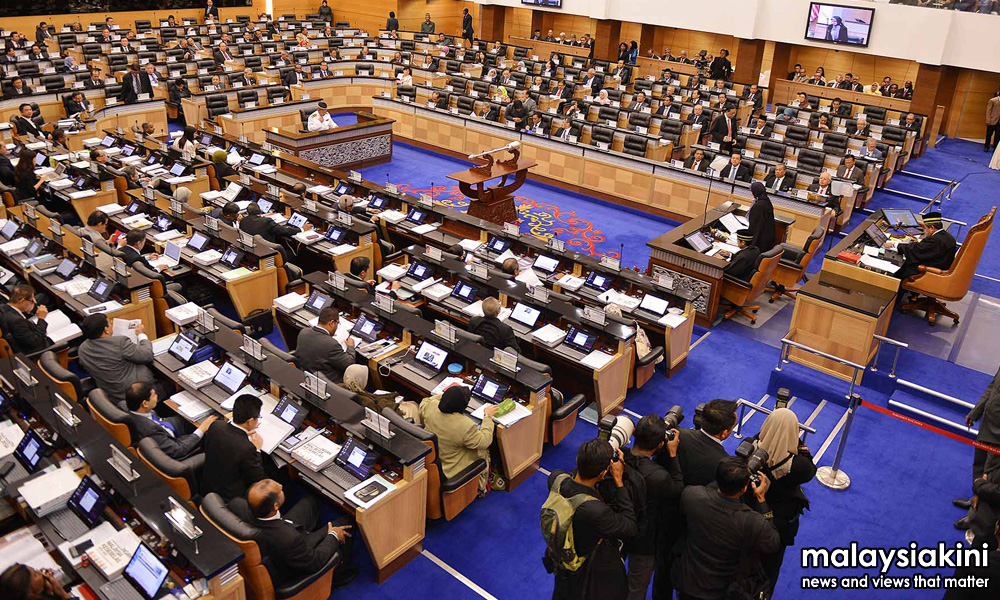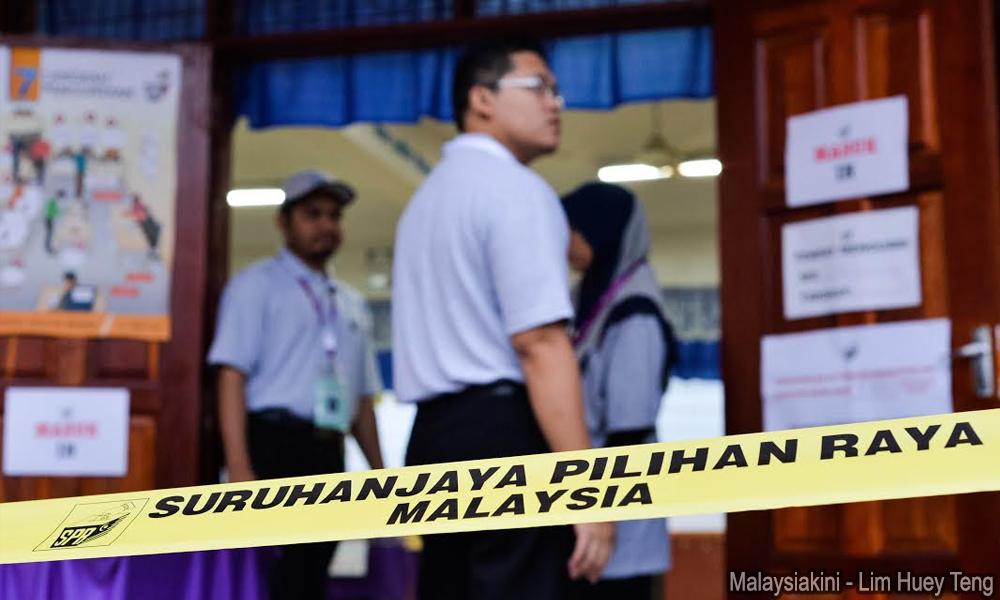COMMENT | Wong Chin Huat wrote a pair of insightful articles, exploring the benefits of the German electoral system and its possible application in Malaysia.
The point I agree with most is simply that structure defines.
The system through which we choose our leaders has a profound impact on the political and social fabric of our nation.
Malaysia’s first-past-the-post (FPTP) system, modelled after the United Kingdom, encourages the investment of a great deal of political energy into demonising political enemies and zero-sum thinking.

In other words, you can essentially gain as much politically by dragging your opponents through the mud, as you can by focusing on developing your own virtues. More often than not, it is easier and more sensational to do the former.
One of the more interesting things covered in Wong’s analysis was mixed member proportional (MMP) representation, which would - among other things - introduce a rather different dynamic.
Mixed member proportional representation
MMP, as practised in Germany, is a system where voters get two votes - first, for the individual representing their geographical constituency; and second, for a political party of their choice.
The individual representing the geographical constituency is elected via an FPTP system (i.e., the winner is simply the one who gets the most votes).
These individuals then make up the first half of the German Parliament, the Bundestag.
The other half of the Bundestag is distributed among political parties in such a way that the Bundestag, as a whole, reflects the overall proportion of the second votes.
So if Parties A, B and C get 50 percent, 30 percent and 20 percent of the second vote respectively, the second half of the seats in the Bundestag are distributed in such a way that the Bundestag as a whole consists of 50 percent members from Party A, 30 percent members from Party B, and 20 percent members from Party C.
When necessary (say, for example, party C wins most of the first half of the Bundestag), seats are added to the Bundestag to ensure that the correct proportions are achieved.
Applications for Malaysia?
Overall, my view is that this is a progressive and mature form of democracy. Should Malaysia one day adopt such a system, I would be perfectly delighted.
However, on the balance of probabilities, I suppose the likelihood of this happening anytime soon will be distant.

Even if there were to be a change in the ruling party, I do not foresee a rush towards adopting such a radically different electoral system in a short period of time.
For one thing, an MMP system will likely benefit parties that do not generally win very many seats but have a decent hardcore following.
The first two parties that come to mind in Malaysia are PAS and PSM. I imagine PAS, in particular, would see a much larger representation in Parliament under MMP representation.
Practical reforms
In the Malaysian context, perhaps a move towards an MMP-type Parliament - good though it may be - might not be the priority for the average Malaysian?
If I had to guess which area of electoral reform might be the most pressing on the home front, I would guess local elections.
One major current problem in the Malaysian electoral system is that our elections seem to have so little to do with our day-to-day lives.

It’s bad enough that elections come about so rarely, and worse, that the few people we actually do elect have so little influence over the things that matter most to us on a regular basis.
I imagine electoral reforms addressed at closing this gap would find the most traction.
Perhaps we can move towards a clearer demarcation of elections for executive versus legislative roles, slightly along the lines of the American system.
We might also consider following the example of countries that also elect certain civil servants, such as attorney-generals, auditors and law enforcement chiefs.
Having such individuals and institutions become more independent and accountable would go a long way towards creating the kind of checks and balances a healthy democracy needs.
In Malaysia especially, an excess of power and influence over these institutions concentrated in the hands of the executive has led to immense abuses of power.
Guided by principles
Electoral reform is an important issue to keep in our crosshairs as we pursue a better Malaysia.
I think it is both important and fun to keep an eye on some of the ‘high-tech’ electoral systems out there - such as MMP - as good goals to work towards.
In the meantime, it’s also important that we look into reinstating local elections and making other important roles elected ones.
NATHANIEL TAN is all for learning from the rest of the world.

